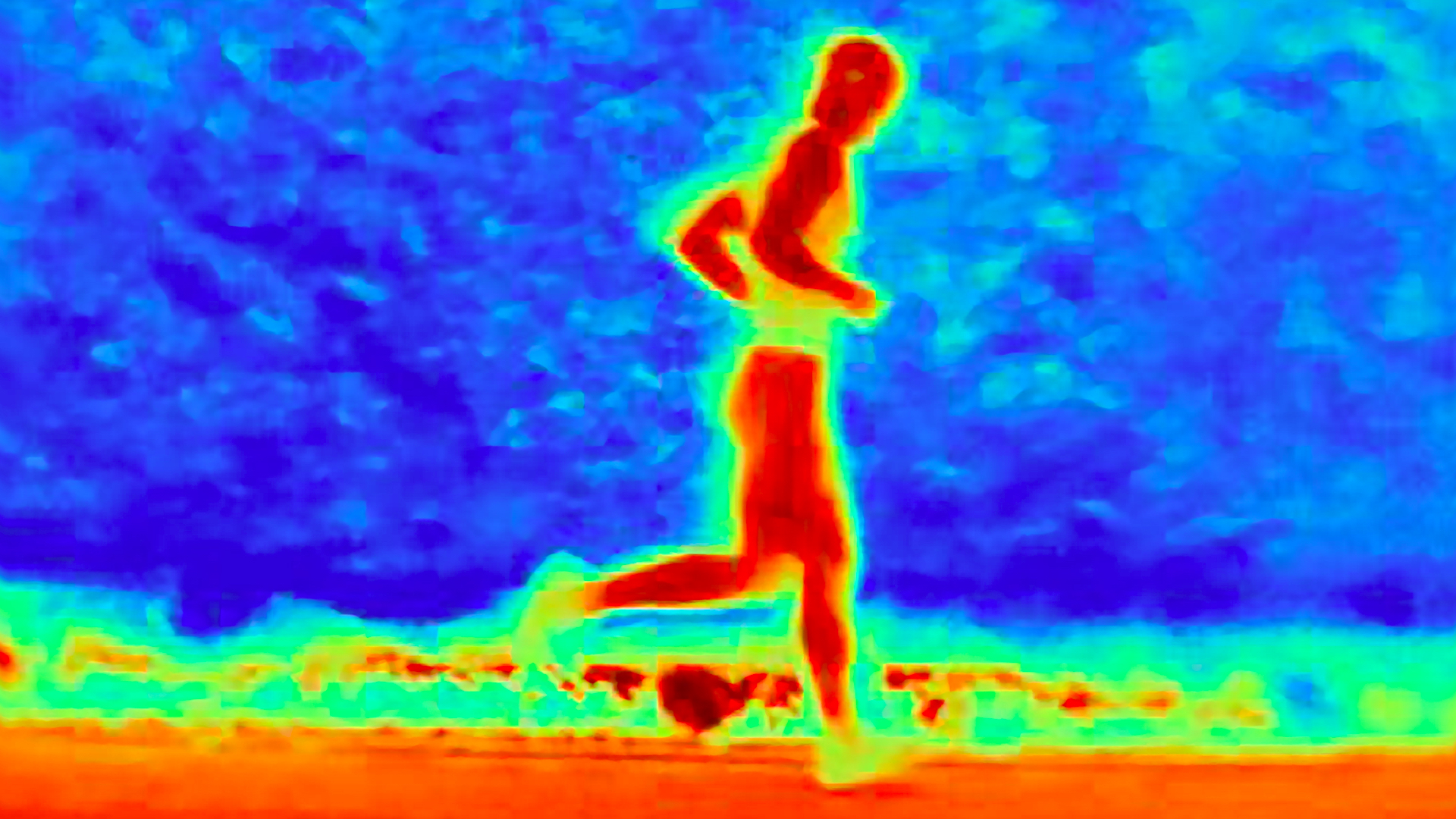Runners swallow pill-sized sensors for research into athletic temperature tracking
The high-tech pills transmit this data in real-time to smartwatches in a project conducted by the National University of Singapore

Runners are swallowing pill-sized electronic trackers as part of new research designed to improve sensor technology in wearable fitness trackers.
The groundbreaking project is being conducted by the National University of Singapore’s (NUS) Yong Loo Lin School of Medicine. The high-tech pills track the runners’ internal body temperatures and transmit this data in real-time to smartwatches.
Such pills are not actually new technology in themselves. They were originally developed by NASA and Johns Hopkins University to monitor astronauts’ body temperatures during space flight, and became commercially available way back in 1988. Since then they’ve seen widespread use in athletics research, specifically the affects of hot weather on performance, and heat-related illness.
But the development of fitness trackers has opened up a whole new area of research that the pills can assist in.
Samsung Singapore head of enterprise and government business Timothy Tan says the collaboration with NUS opens the door to ways that wearables can be used to detect fatigue and health of their wearers: “For the first time, researchers can monitor vital health data such as core temperature while a race is going on.”

The electronic pills being used in this latest project ate designed by French medical company BodyCap. Inside each is a tiny battery, temperature sensor and transmitter. The pill is designed to measure a runner’s core temperature – the most accurate indicator of whether a person is overheating under strenuous conditions. The data is sent to a Samsung Galaxy smartwatch, which also tracks distance and speed and serves as a heart rate monitor.
The main aim of this project is to create a database of runners’ temperatures that will significantly improve the accuracy of wearable devices in detecting core temperatures when worn on the skin.
Advnture Newsletter
All the latest inspiration, tips and guides to help you plan your next Advnture!
The research also has the potential for benefits beyond athletic endeavors; it could also help keep an eye on the health of outdoors workers or the elderly during heatwaves.
“We want to develop a system that can signal to people who are nearing their personal thermal thresholds for safety, so we need to collect all these physiological inputs to see how they correlate,” said Associate Professor Lee.
- The best running watches 2023: tech to help you train smarter
